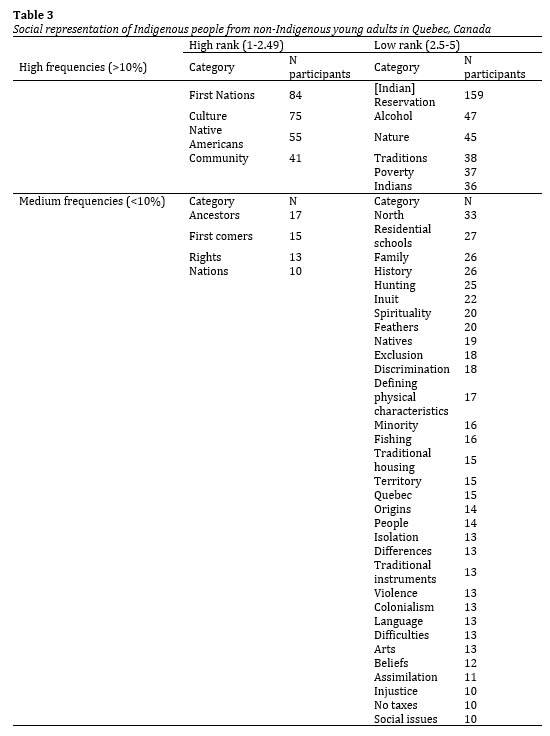

Using Kaupapa Maori, a fledgling approach toward culturally appropriate research protocols and methodologies, the book is designed primarily to develop indigenous peoples as researchers. Informed by critical and feminist evaluations of positivism, Tuhiwai Smith urges researching back and disrupting the rules of the research game toward practices that are more respectful, ethical, sympathetic and useful vs racist practices and attitudes, ethnocentric assumptions and exploitative research. The book is particularly strong in situating the development of counter-practices of research within both Western critiques of Western knowledge and global indigenous movements. Looking through the eyes of the colonized, cautionary tales are told from an indigenous perspective, tales designed not just to voice the voiceless but to prevent the dying – of people, of culture, of ecosystems. Smith-1.indd 1 15:32 Praise for the first edition ‘This book is a counter-story to Western ideas about the benefits of the pursuit of knowledge.


About the Author Linda Tuhiwai Smith (Ngati Awa and Ngati Porou) is a Professor of Education and Maori Development and Pro-Vice-Chancellor Maori at the University of Waikato in Hamilton, New Zealand.


 0 kommentar(er)
0 kommentar(er)
